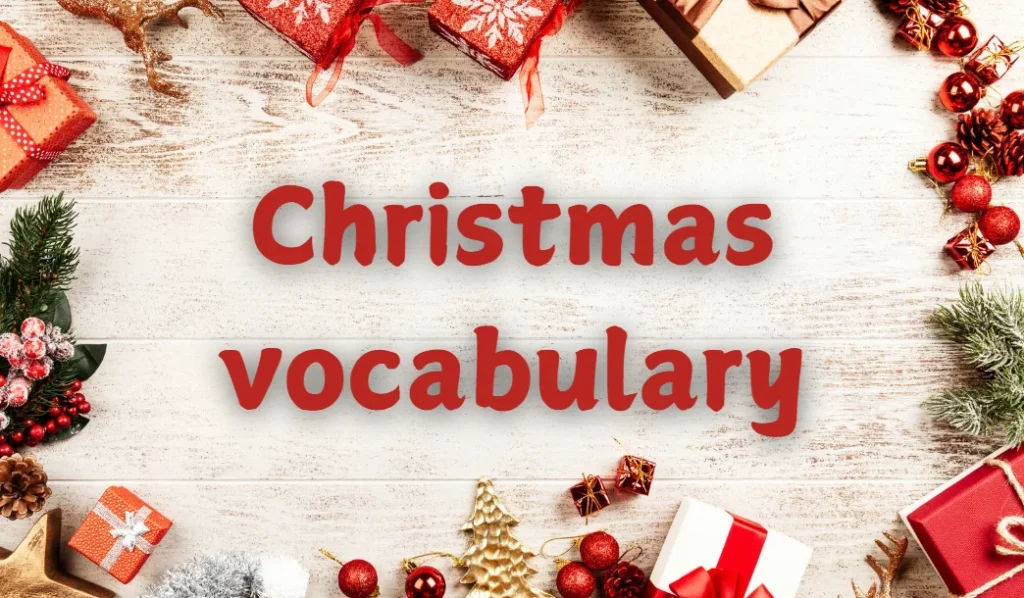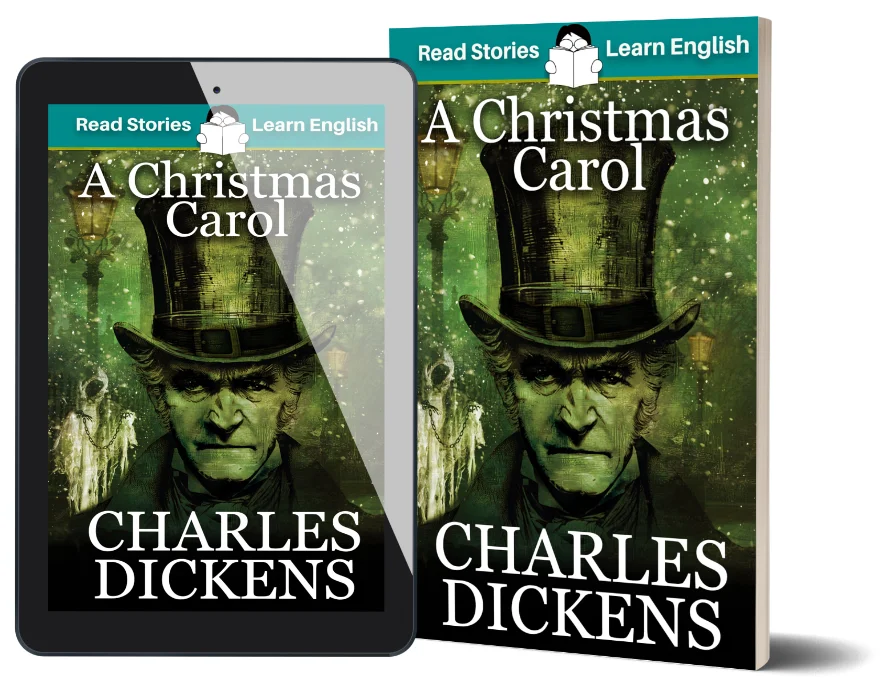Learn essential Christmas vocabulary … and some more advanced vocabulary too!
What are crackers? Or a tipple? And what does it mean if someone tells you, “Season’s greetings”?
Read this post to find out!
Christmas vocabulary
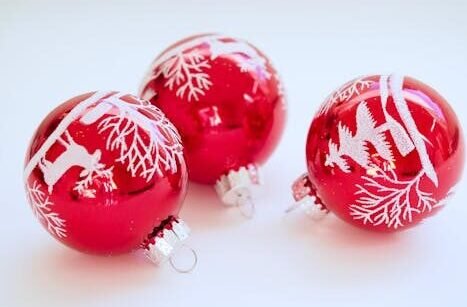

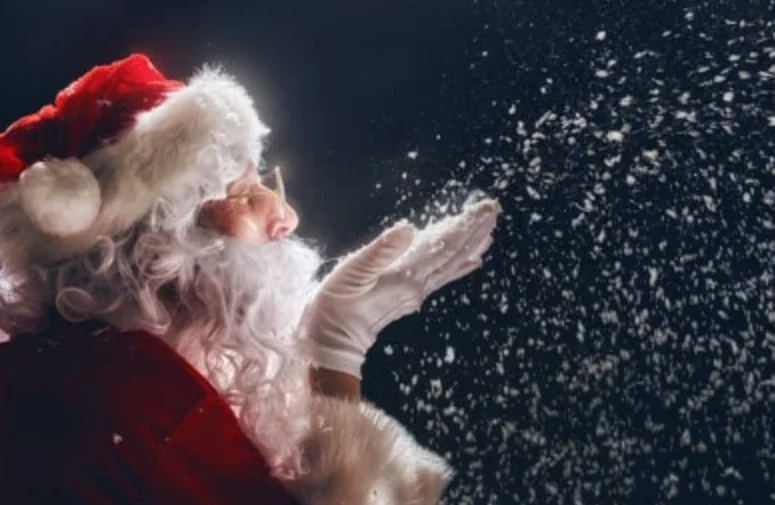

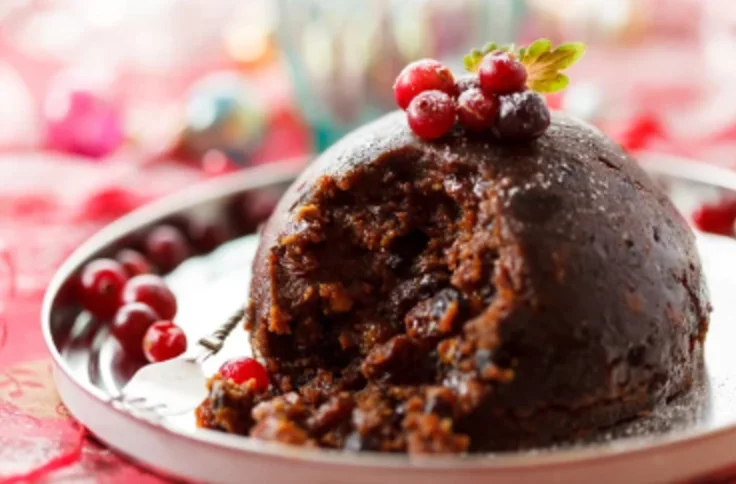
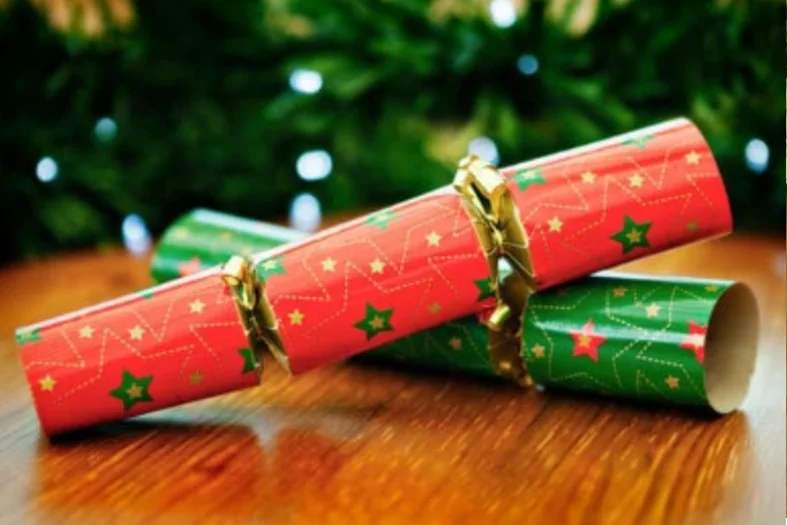
Baubles are fragile decorations that we hang on our Christmas tree. They are round and can be any colour.
Stockings are like big socks. Children hang these somewhere in the house on Christmas Eve (24 December) and the next morning, they find small presents and sweets in them.
Father Christmas is what we call the man who brings children their presents on the Christmas Day (25 December) morning.
Roast turkey is what we traditionally eat in the UK on Christmas Day for lunch.
Christmas pudding is the traditional dessert. It’s made from dried fruit.
Christmas crackers are good fun! We pull them, they made a loud noise and inside there is a small present, a paper crown and a joke.
What should you say at Christmas?
You can say:
Happy Christmas!
Merry Christmas!
Season’s greetings (this is more formal)
Advanced vocabulary
Yuletide – an old-fashioned word for ‘Christmas’
Example: “The Yuletide spirit fills the streets with joy and celebration.”
Festivities – activities or events that celebrate Christmas
Example: “The Christmas festivities lasted well into the night.”
Stuffed – really full (of food), informal
Example: “I can’t eat any more. I’m absolutely stuffed!”
You shouldn’t have! – something you say when someone has given you a present (not just at Christmas); it expresses surprise and delight (unless you say it in a sarcastic tone and then it expresses disappointment!)
Tipple – an alcoholic drink (can be used all year)
Example: “My favourite tipple is port. It’s so lovely and sweet.”
Stocking filler – a small present that is suitable for putting in a Christmas stocking
Example: “I still need to buy the kids’ stocking fillers.”
Tinsel – a Christmas decoration, tiny pieces of metal foil attached to a long piece of thread
Example: “I love to decorate the tree with loads of tinsel!”
Pantomime – a theatrical entertainment, mainly for children, with music, jokes and simple comedy, often based on a fairy story, produced around Christmas
Example: “Are you going to the pantomime? It’s Cinderella this year.”
Boxing Day – 26th December, a holiday (day off) in the UK
Example: “What are you doing for Boxing Day?”
Mulled wine – hot wine with spices, sugar and maybe fruit
Example: “Would you like some mulled wine?”
Wreath – leaves arranged in a circle shape that people hang on their front door at Christmas
Example: “Look at that beautiful wreath! I wonder if they made it or bought it.”
Christmas abbreviations
A common abbreviation for the word ‘Christmas’ is:
Xmas
How old do you think the abbreviation ‘Xmas’ is? Surprisingly, it is from the 11th century or even earlier!
You can also say:
Chrimbo
This is British English, very informal and a bit silly.
Other holiday abbreviations are:
NYE (New Year’s Eve)
and:
NYD (New Year’s Day)
Christmas jokes
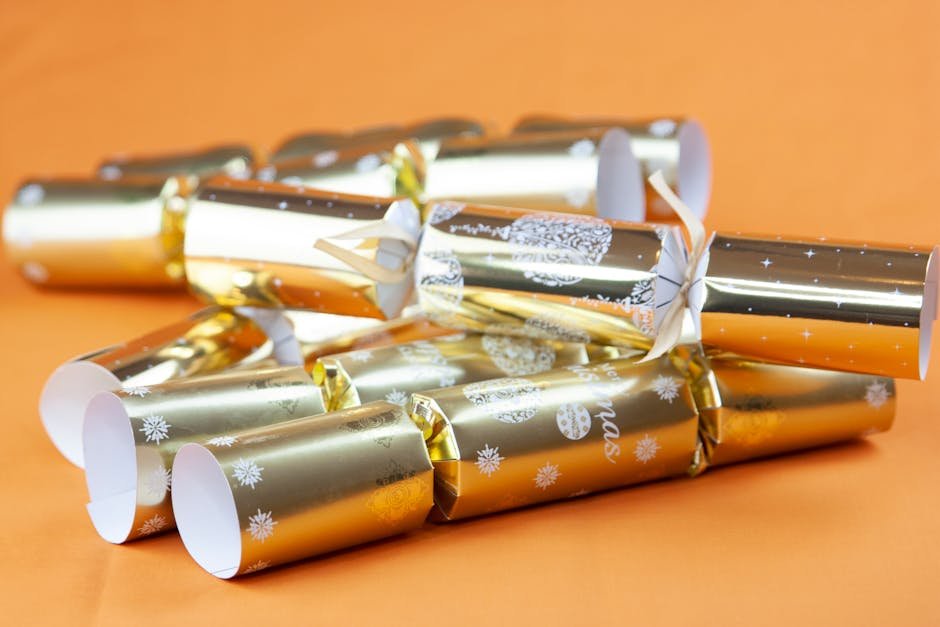
Inside our Christmas crackers, we always get a joke, which is often based on word play. For this reason, they can be a good way to improve your English!
Below are five Christmas cracker jokes. Under them, you will find the explanations. Do you get them?
1. What do you call an elf who sings?
A wrapper!
2. What do you get if you cross a snowman with a vampire?
Frostbite!
3. Why did the turkey join the band?
Because it had the drumsticks!
4. Why was the Christmas tree so bad at knitting?
It kept dropping its needles!
5. What do you call Santa when he stops moving?
Santa Pause!
Did you get the jokes? If not, here are the explanations:
1. Explanation: The word “wrapper” sounds like “rapper” (a person who performs rap music). The joke plays on the double meaning, imagining an elf wrapping presents as a rapper.
2. Explanation: “Frostbite” is a condition where skin is damaged by extreme cold. It’s also a funny combination of a snowman (cold) and a vampire (bites people).
3. Explanation: “Drumsticks” can mean the sticks used to play drums or the legs of a cooked turkey. The joke plays on this double meaning.
4. Explanation: A Christmas tree has “needles” (the thin, pointy leaves of pine trees). In knitting, if you drop your knitting needles (the sticks you use to knit), you can’t continue. The joke combines these two ideas.
5. Explanation: This is a pun on “Santa Claus” and the word “pause” (to stop for a moment). These words rhyme. The joke suggests Santa takes a break, creating a funny play on words.
Christmas vocabulary
I have a Christmas story full of Christmas vocabulary, adapted for learners of English. It’s a new version of the classic story by Charles Dickens.
It has grammar and vocabulary at the perfect level for intermediate students (CEFR B1). Click below for more details and to buy it.

